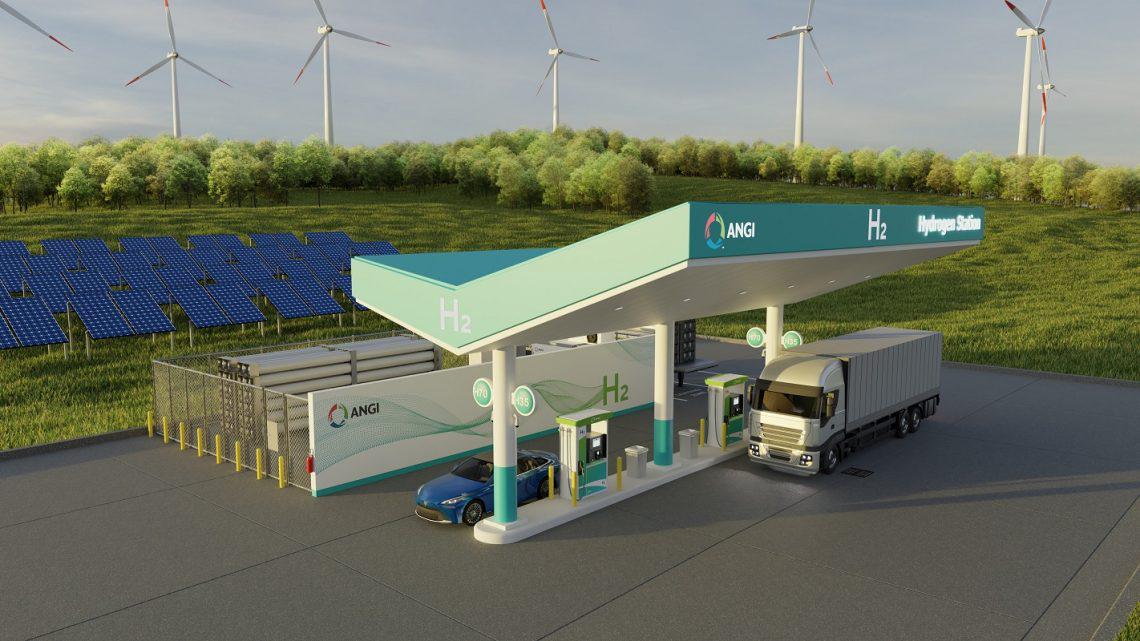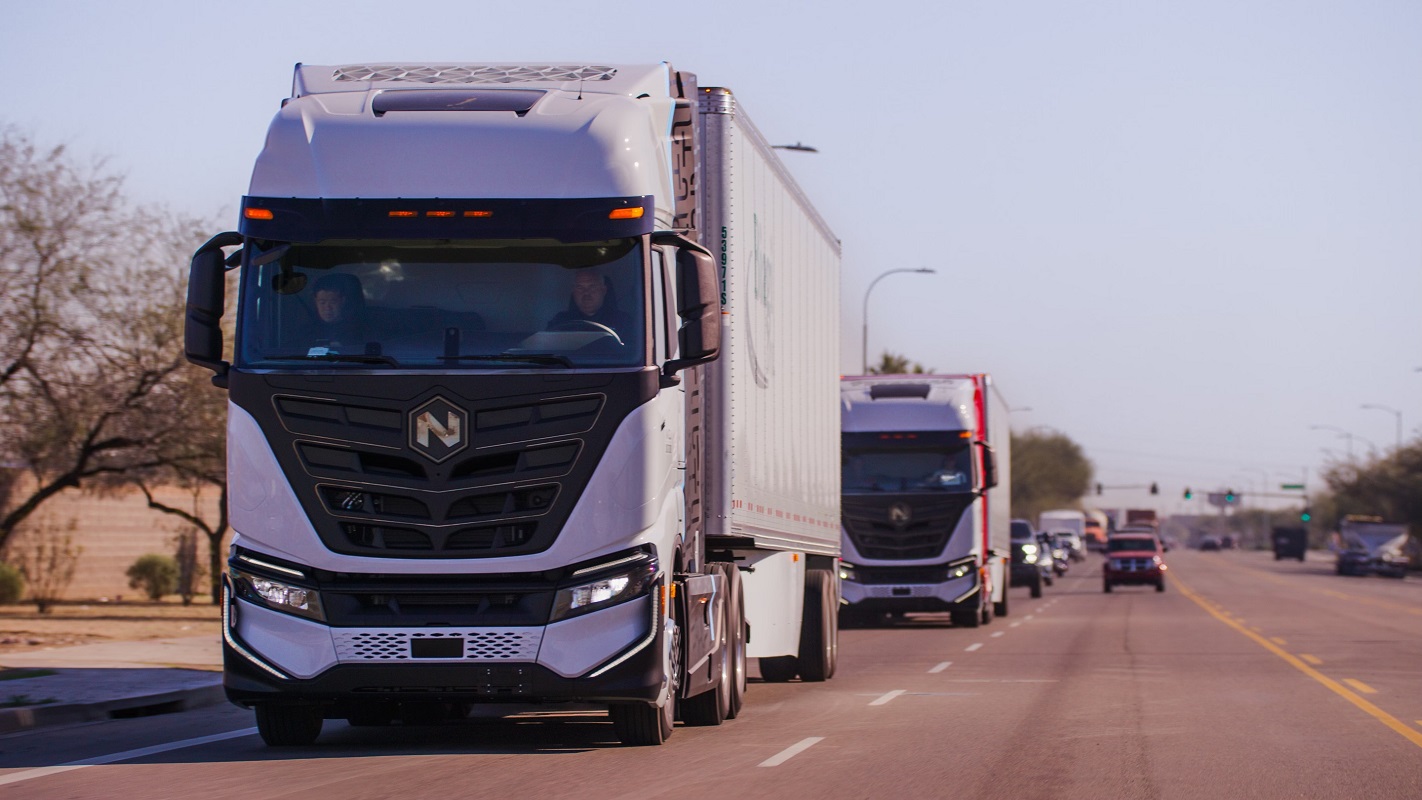
ANGI Energy Systems (a Vontier company) and Nikola Corporation have entered into an agreement in which they will install new hydrogen fuel infrastructure solutions through Nikola’s HYLA brand.
The collaboration is meant to help advance the availability of Nikola’s H2 decarbonization ecosystem.
ANGI will seek to provide Nikola’s plan with the support it needs to lay out the largest open network of commercial hydrogen fuel stations in North America. It will do so by installing technically advanced H2 dispensers under the HYLA brand. The dispensers will be designed to be the first HD-ready solutions in the industry. They will provide heavy-duty vehicles with high flow refueling. This network expansion is a component of a broader partnership with Voltera, a leading critical infrastructure provider. The goal is to provide the infrastructure necessary for transportation decarbonization.
Many industry experts say that using H2 is notably more appropriate for heavier-duty commercial vehicles because of the lower weight, faster refueling time, and better energy efficiency. H2-powered vehicles are under development by the majority of leading global truck manufacturers. According to data from the Hydrogen Council, there are over 130 H2 models that will have been assembled by the close of this year. Most of those will be commercial vehicles.
Commercial transportation is seeing hydrogen fuel as a promising way to decarbonize.
“The landscape of commercial transportation is shifting with Nikola’s hydrogen-powered trucks paving the way to a sustainable future,” said Ryan McGeachie, executive leader of energy at Nikola.
 Nikola TRE FCEV on road – Source: Nikola
Nikola TRE FCEV on road – Source: Nikola
“With our cutting-edge technology harnessing a robust hydrogen network, innovation meets environmental responsibility, setting new standards for the transportation industry.”
“This collaboration with Nikola intends to underscore ANGI’s breadth and capabilities across the multi-energy landscape in support of decarbonization,” added Joel van Rensburg, president of alternative fuels at ANGI, in a recent news release announcing the new hydrogen fuel network strategic partnership.
“As a leader in alternative fuels, ANGI remains at the forefront of rapid technological changes delivering innovative, accessible, and safe solutions to meet our customers’ evolving energy needs in compressed natural gas, renewable natural gas and now hydrogen.”
The Crucial Role of Hydrogen Refueling Stations in Facilitating the Transition to Zero Emission Vehicles by State Agencies
The transition to Zero Emission Vehicles (ZEVs) by state agencies is a significant step towards environmental sustainability. The mandate that light-duty vehicles must shift to ZEVs by 2040, and medium- and heavy-duty vehicles by 2050, marks a clear commitment to cleaner energy sources. This move aligns with the Advanced Clean Fleets Regulation Summary that requires fleets to exclusively purchase ZEVs from 2024 onwards. These regulations indicate a concerted effort to reduce the carbon footprint of state agencies and contribute to nationwide efforts to combat climate change.
The proposed standards by the Biden-Harris administration for medium-duty vehicles are also noteworthy. By Model Year 2032, these standards aim to result in a 44% reduction in pollution compared to MY 2026 standards. These ambitious targets underscore the critical role of hydrogen refueling stations in supporting this transition. As a zero-emission fuel, hydrogen can help meet these new fleet requirements while significantly reducing environmental impact. Hydrogen refueling stations, therefore, are not just a convenience but an essential infrastructure to facilitate the shift to ZEVs and achieve the objectives of these regulations.
In conclusion, the partnership between ANGI Energy Systems and Nikola Corporation marks a significant stride towards decarbonization in commercial transportation. By establishing an extensive network of hydrogen fuel stations across North America, this collaboration will play a pivotal role in supporting the transition to ZEVs, particularly for heavy-duty vehicles. With the ambitious environmental targets set by state agencies and the Biden-Harris administration, the development of such infrastructure becomes even more critical. This initiative not only aligns with the goals of reducing carbon footprint and fostering sustainability but also sets a precedent for other industry players. It signifies that the future of transportation lies in harnessing innovative, environmentally-friendly technologies, and collaborations like these are paving the way.